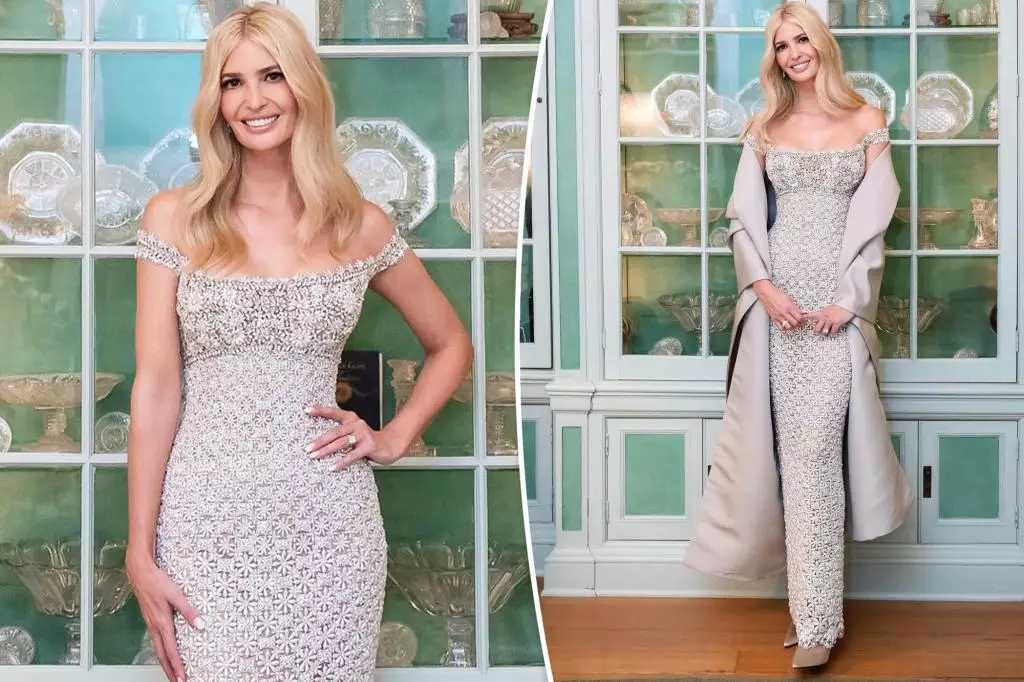The relationship between fashion and politics has long been intricate, often resulting in heated discussions and reactions. One recent manifestation of this dynamic was the uproar surrounding Ivanka Trump’s choice of attire for pre-inauguration events. She donned a striking custom gown from the renowned designer Oscar de la Renta, which unsurprisingly provoked mixed reactions across various social media platforms, particularly from liberal users. This incident highlights how a single dress can embody broader societal tensions and divisions.
Backlash and Boycotts
Upon the unveiling of Ivanka Trump’s gown on Oscar de la Renta’s official Instagram feed, a significant backlash was immediate and fervent. Many users vocally critiqued the designer for what they perceived as a tacit endorsement of the Trump family amidst a politicized atmosphere. Comments ranged from mild discontent to vehement calls for a boycott, with some users expressing concerns about the brand’s association with political figures they perceived to embody controversial ideologies. Criticism included comparisons to historical events, suggesting that luxury brands were once again supporting figures considered detrimental to society in pursuit of profit.
Such expressive sentiments reveal a growing trend where consumers expect brands to take stances on political issues or risk repercussions—a concept often referred to as “brand activism.” While the boycott calls indicate the pressures brands face from consumers regarding their political affiliations, they also underscore the emotional weight that public figures can carry in contemporary discourse.
Support and Appreciation Amidst the Controversy
Interestingly, not all reactions were critical. Despite the backlash, some users—most notably figures like Lauren Sánchez, Jeff Bezos’ fiancée—heralded Ivanka’s ensemble

